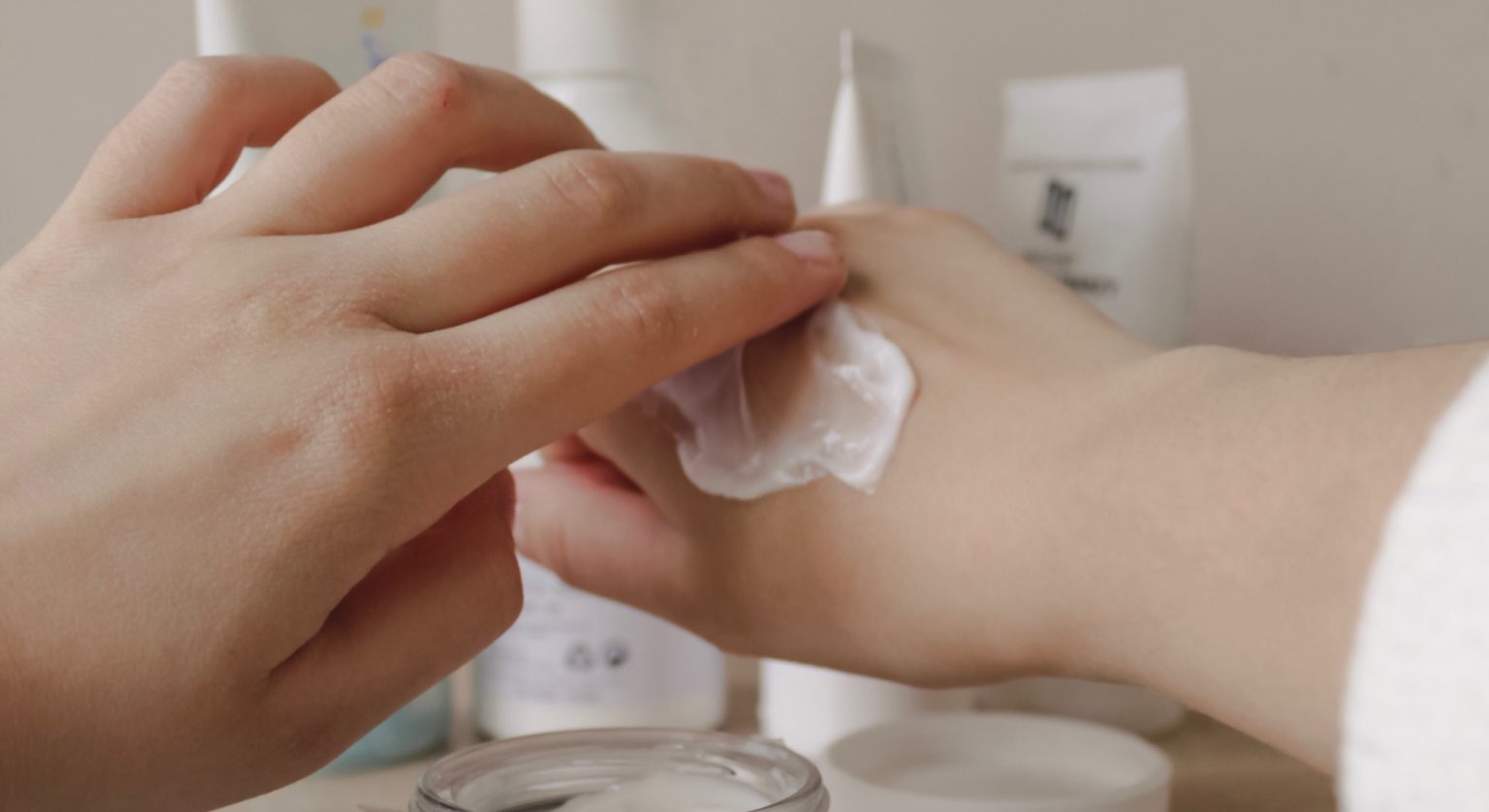













Susong Dermatology is Chattanooga’s premier dermatologic specialists. Since Dr. C. Rodney Susong founded the practice in 1985, we have been privileged to care for hundreds of thousands of patients in the Chattanooga area. Whether you have a wart or a melanoma, acne or psoriasis, our goal is to provide the highest quality dermatology care in a comprehensive, compassionate, and professional manner.
Susong Dermatology provides comprehensive dermatology to all ages (newborns to great grandparents!) for medical, surgical, and cosmetic needs. Our dedicated team can care for your entire family. We offer full spectrum medical dermatology, pediatric dermatology, cosmetic dermatology, and surgical dermatology.
Our patient-first approach and dedication to excellent patient care make us the best dermatology group in the Chattanooga area. We will work with you to find the best answers for your skin needs and solutions that are right for you.
Dr. C. Rodney Susong is a board-certified dermatologist and fellow of the American Academy of Dermatology. Dr. Susong leads the team of clinicians that work to bring you the best care.
We accept Medicare, BlueCross BlueSheild, Cigna, United Healthcare, Aetna, CareCredit and all major credit cards. More information about our insurance can be found here.
For more than 35 years, we have remained Chattanooga's premier dermatology group and are proud to call this area our home. We hope that you will entrust us with your family's dermatology care and look forward to meeting you soon
Susong Dermatology provides a full range of services, designed to provide you the knowledge, care, and guidance to beautiful radiant skin. Let us help you find the right approach to achieving the skin you always wanted.
Main Office:
2051 Hamill Road
Suite 301
Hixson, TN 37343
8:00 AM – 5:00 PM – Monday
8:00 AM – 5:00 PM – Tuesday
8:00 AM – 5:00 PM – Wednesday
8:00 AM – 5:00 PM – Thursday
8:00 AM – 3:00 PM – Friday
Main Office:
(423) 870-3376 Office
(423) 877-1387 Fax
Request an Appointment by visiting our online appointment request page:
Susong Dermatology
2051 Hamill Road
Suite 301
Hixson, TN 37343
(423) 870-3376 Office
(423) 877-1387 Fax